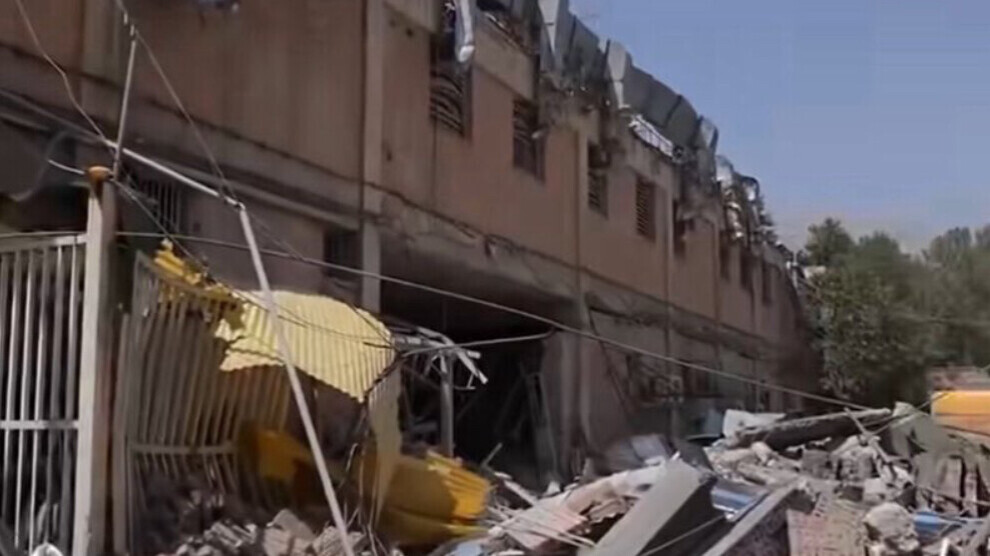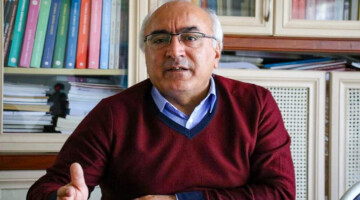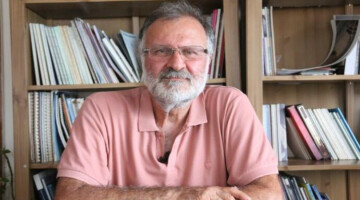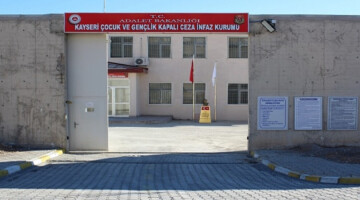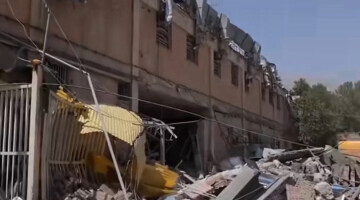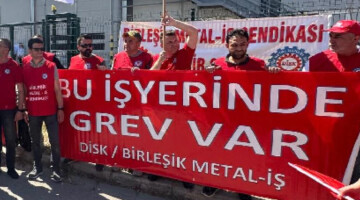Located in the Shahr-e Rey district north of Tehran, Evin Prison is known as Iran's largest prison and notorious for inhumane practices.
According to Iran’s judiciary spokesperson Asghar Jahangir, at least 71 people were killed by the strike, including staff, soldiers, prisoners and members of visiting families. Footage released by the Iranian judiciary showed prison walls collapsed, ceilings caved in, and debris being cleared by heavy machinery. According to Iranian officials, the health facility and visitation areas were specifically targeted.
In a statement on Telegram, Nobel Peace Prize laureate and Iranian human rights activist Shirin Ebadi stated that many prisoners had been transferred from Evin Prison to Greater Tehran Penitentiary.
Shirin Ebadi's message reads: “Following Israel's attack on Evin Prison, hundreds of prison guards were sent to the prisoners and began torturing and insulting them. The prisoners were then transferred to Greater Tehran Penitentiary under inhumane conditions.”
Built in 1972 during the reign of Shah Mohammad Reza Pahlavi, Evin Prison had a capacity of 300 inmates. After the 1979 Islamic Revolution, it was converted into a prison complex with a capacity of 15,000 inmates. In the 1980s, it came to the fore with allegations of torture and executions of opponents. The prison has previously drawn international attention due to numerous fires, riots, and human rights violations.

